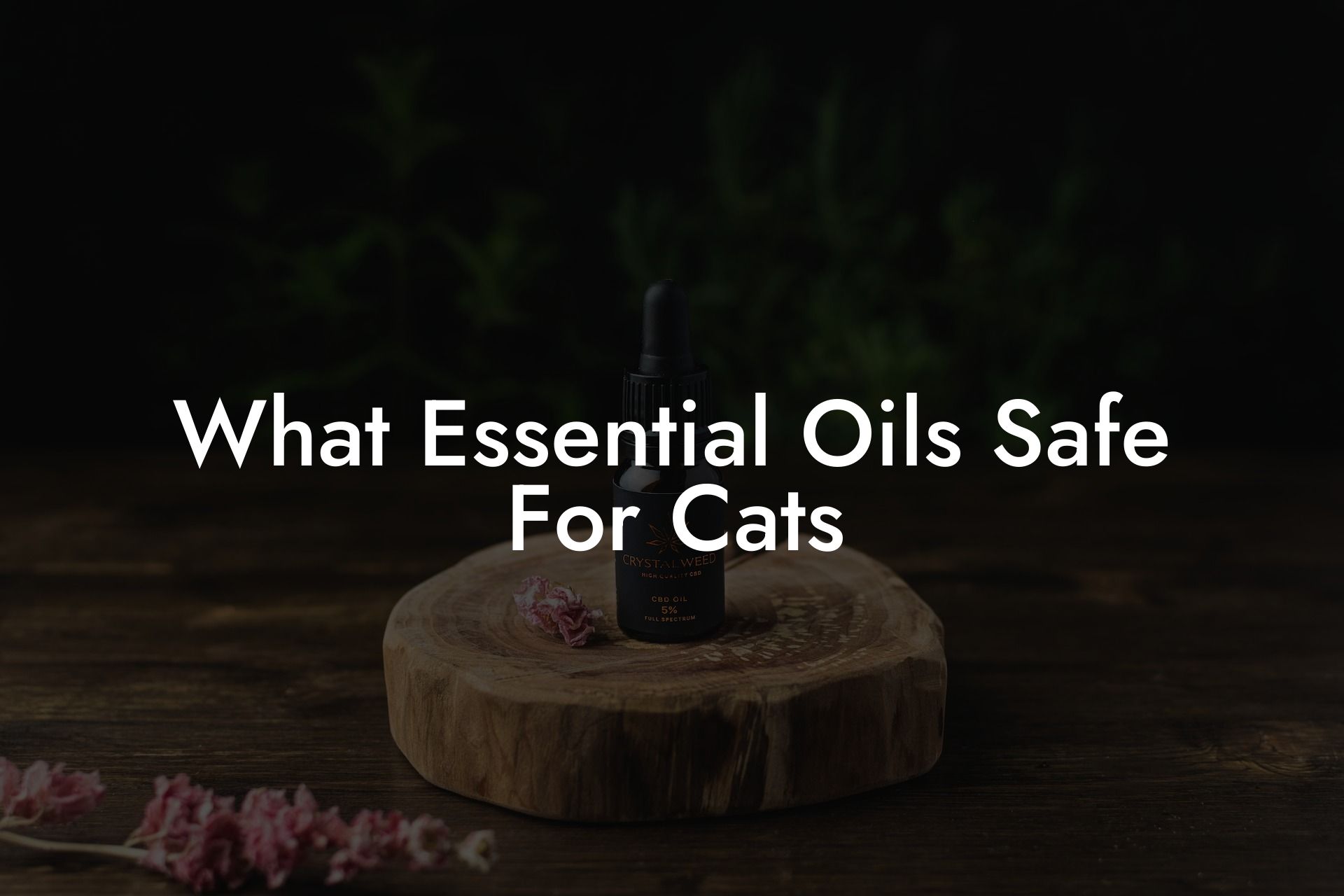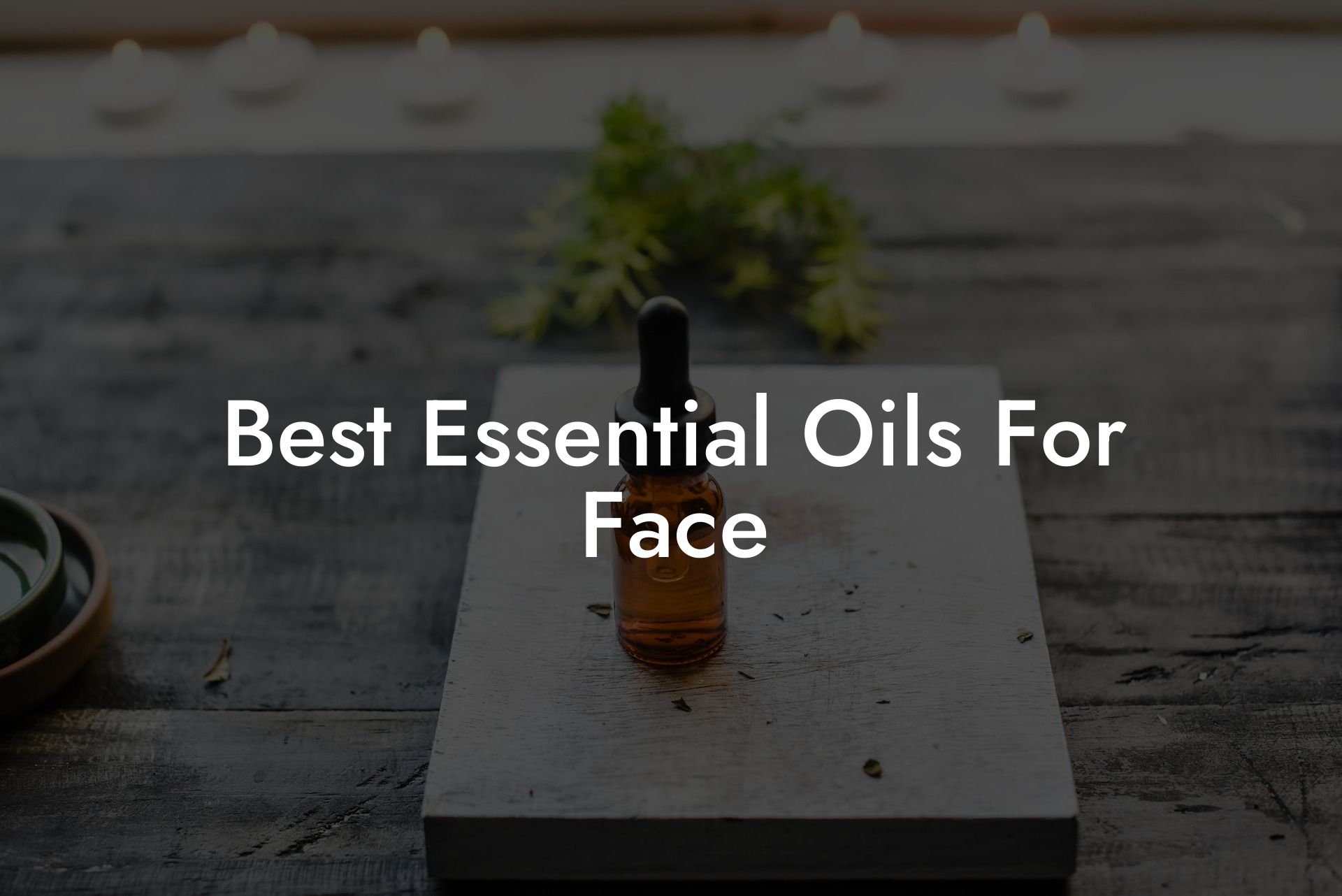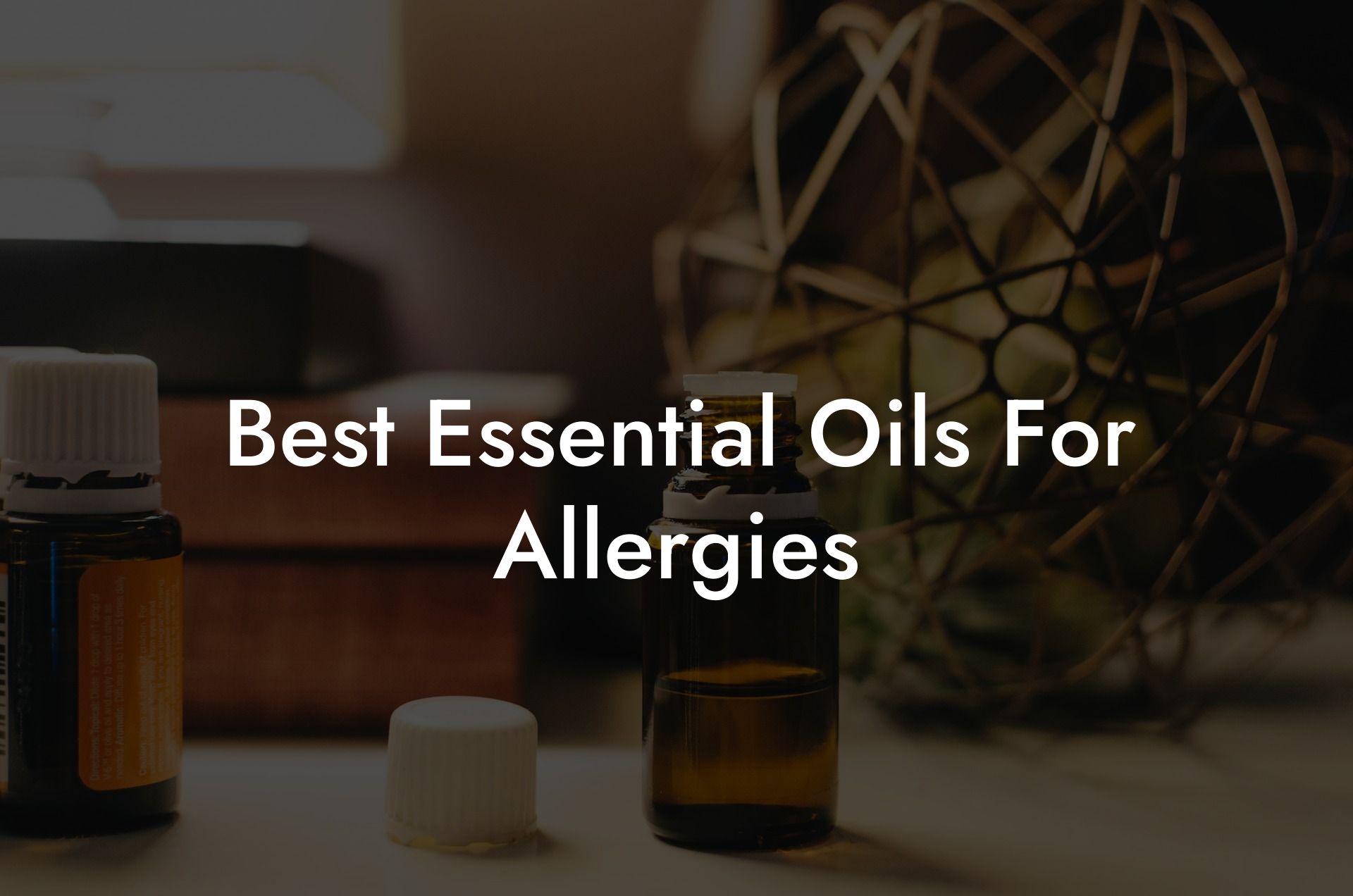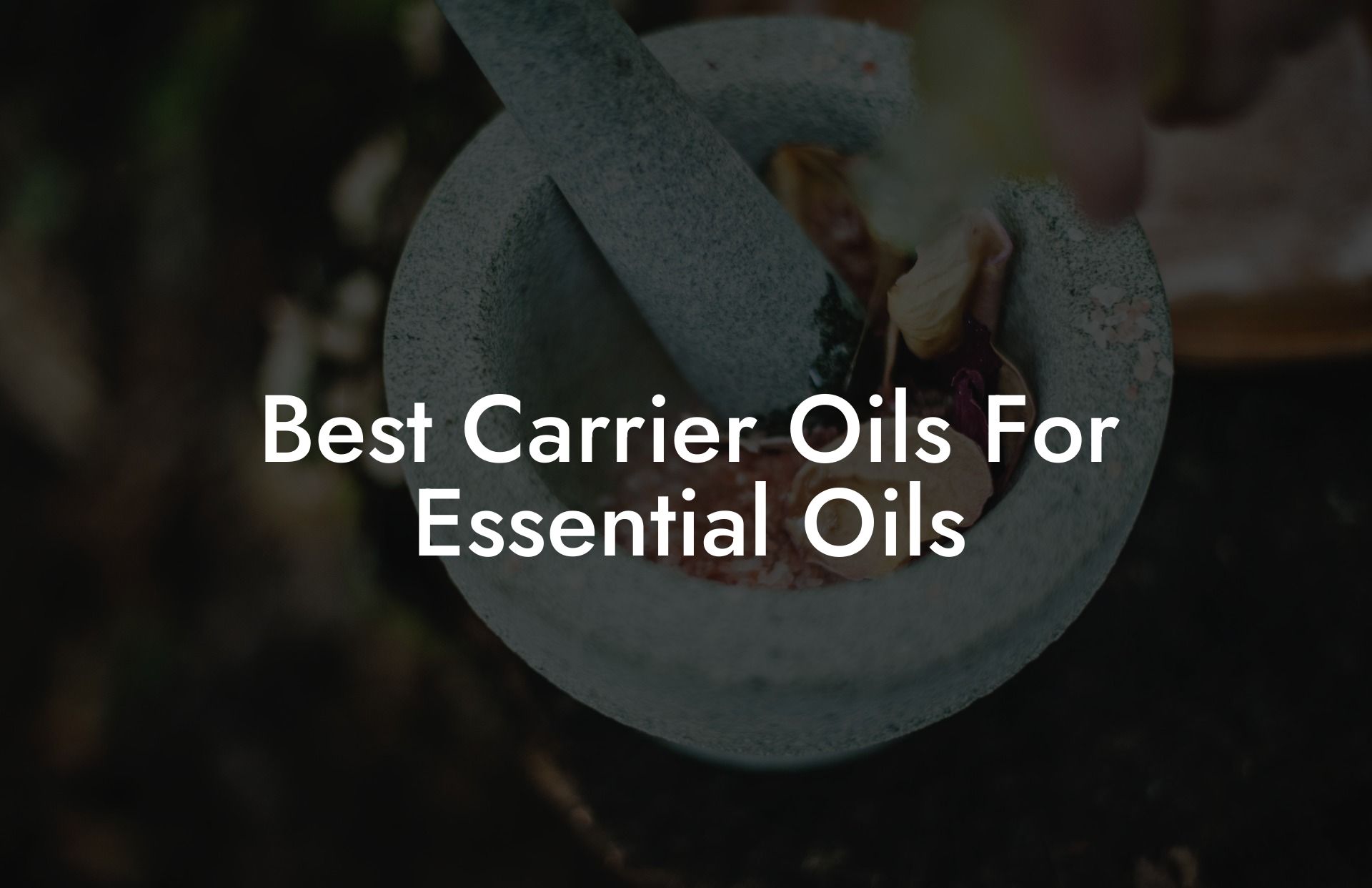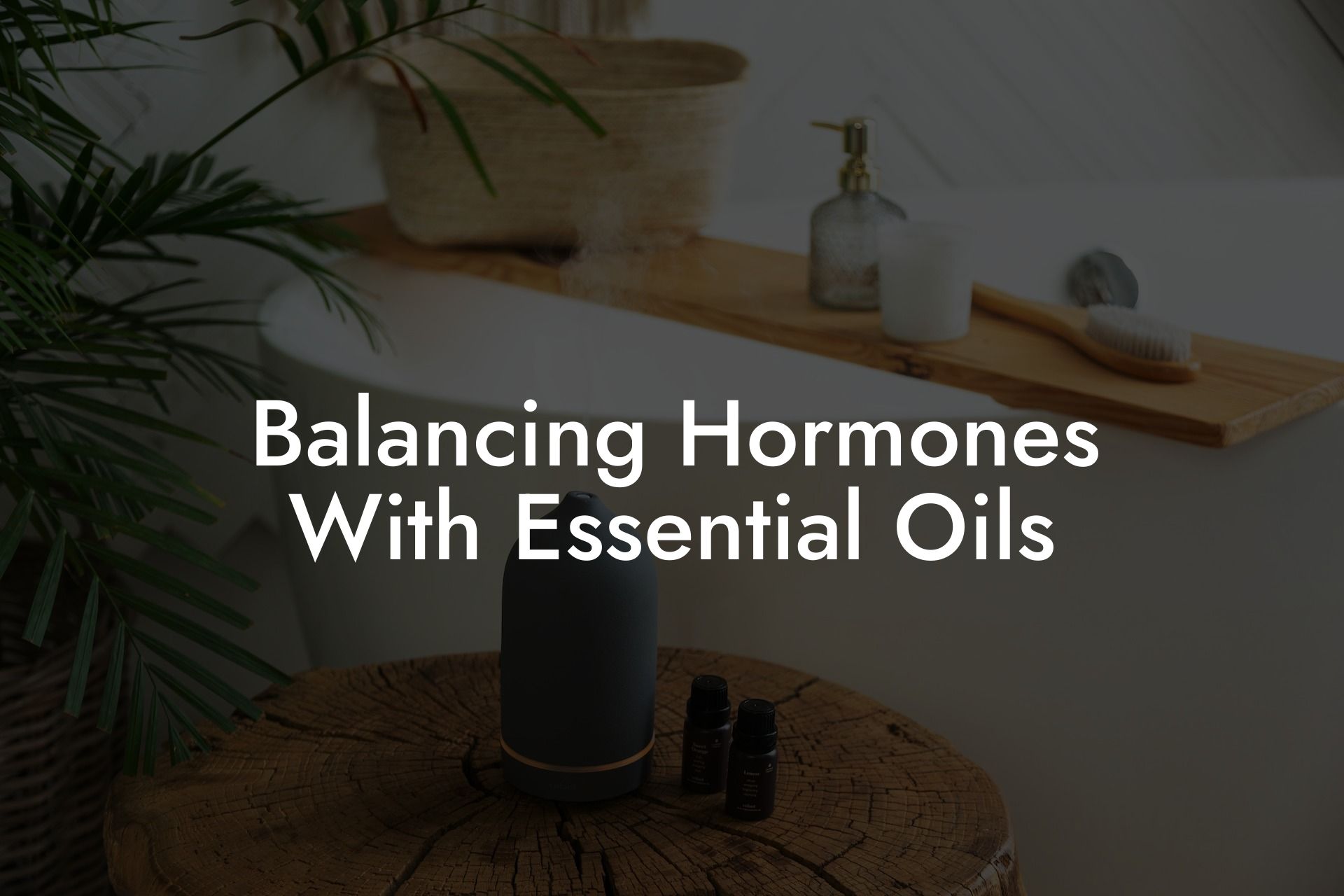As a fellow pet lover and essential oil enthusiast, we understand the importance of creating a safe and harmonious environment for our furry friends. The world of essential oils can be confusing for even the most experienced users, and when it comes to ensuring the safety of our beloved cats, there’s no room for error. In this comprehensive guide, we’ll delve into the world of essential oils safe for cats, discussing both their benefits and potential risks to help you confidently incorporate essential oils into your home without fear of causing harm to your feline companions.
Table of Contents
Understanding Essential Oils and Cats
Before diving into specific essential oils that are safe for cats, it’s important to understand that cats metabolize substances differently than humans and other animals. In particular, their livers lack an enzyme called glucuronyl transferase, which helps break down and remove certain compounds and toxins from their bodies. This means that products which may be safe for you may not be safe for your cat. When selecting essential oils for use around your feline friends, it’s essential to be cautious and well-informed.
How to Safely Use Essential Oils around Cats
When using essential oils around cats, it’s crucial to consider a few safety measures:
- Dilution: Always dilute essential oils before using them around cats. Avoid applying undiluted oils directly to your cat’s skin or fur, and never give them orally.
- Avoid Forced Inhalation: Don’t place essential oils directly under your cat’s nose or in enclosed spaces where they can’t escape from the aroma.
- Monitor Your Cat’s Reaction: Keep an eye on your cat while using essential oils, and consult your veterinarian immediately if you notice any adverse reactions such as excessive drooling, vomiting, tremors, or difficulty breathing.
- Quality Matters: Invest in high-quality essential oils from reputable sources, like Oshu Oils, to ensure purity and proper dilution ratios.
Essential Oils Safe for Cats
Here’s a list of essential oils known to be safe for cats when used correctly:
- Cedarwood Oil: Known to repel insects and support a healthy coat, cedarwood oil can be safely used around your cat when highly diluted.
- Frankincense Oil: Great for relaxation and stress relief, frankincense oil can be beneficial for both you and your cat. Ensure the oil is properly diluted before diffusion.
- Lavender Oil: Lavender is well-known for promoting relaxation and may help alleviate stress in your cat. Make sure to properly dilute the oil and avoid direct contact with your cat’s skin.
- Rosemary Oil: Rosemary oil has antimicrobial benefits and can aid in maintaining healthy skin and coat, but should be used with caution in cats with a history of epilepsy.
Note of Caution
While these essential oils are considered safe for cats, each animal is unique and may react differently. Always consult your veterinarian before incorporating essential oils into your cat’s care routine, observe your pet closely for any adverse reactions and adjust your approach accordingly.
What Essential Oils Safe For Cats Example:
Imagine creating a serene, calming environment for you and your cat by diffusing lavender oil at a safe dilution rate. Your cat might become more relaxed, spending less time hiding and more time cuddling with you. This is an excellent example of how utilizing suitable essential oils can promote harmony and well-being for both pet and owner.
With the above guide to essential oils safe for cats, you can feel confident that you’re taking the necessary steps to create a harmonious, balanced, and risk-free environment for you and your furry companions. If you found this guide helpful, please share it with fellow cat lovers and essential oil enthusiasts alike! To continue your journey in aromacology, explore Oshu Oils’ extensive range of essential oils and other educational resources designed to help you and your pets live your best lives.

